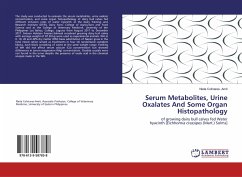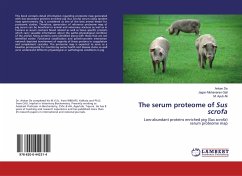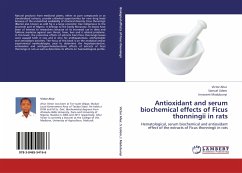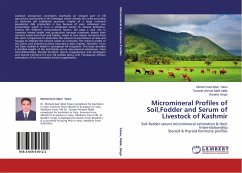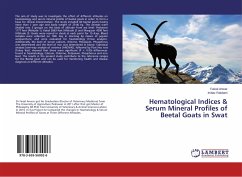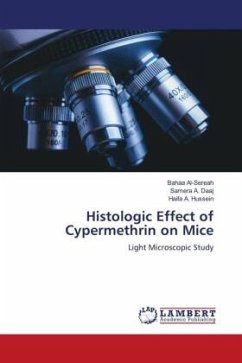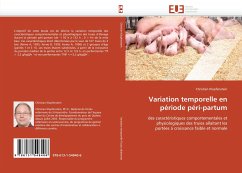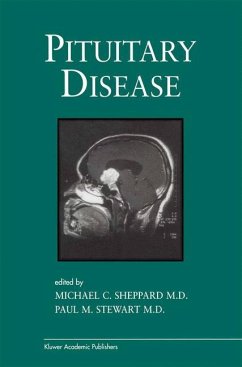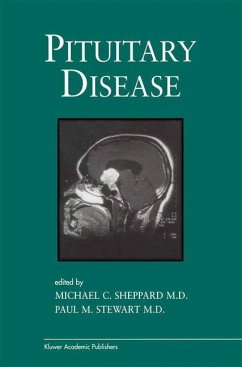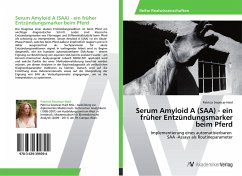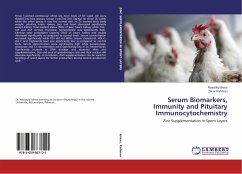
Serum Biomarkers, Immunity and Pituitary Immunocytochemistry
Zinc Supplementation in Spent Layers
Versandkostenfrei!
Versandfertig in 6-10 Tagen
40,99 €
inkl. MwSt.

PAYBACK Punkte
20 °P sammeln!
Three hundred commercial white leg horn birds of 67 week old were divided into two groups. Group I was fed ZnO (3g/Kg) for three (3) weeks while the other group II was fed normal diet. In Zn treated birds body weight, pituitary, brain, spleen, liver and heart decreased significantly except kidney. Total oxidant status (TOS) of liver, heart, kidney while TAC, ALT and AST cortisol, thyroxine, homocysteine was significantly high. Likewise total antioxidant capacity (TAC) of heart, kidney and muscle decreased significantly as compared to control birds. Serum concentration increased significantly w...
Three hundred commercial white leg horn birds of 67 week old were divided into two groups. Group I was fed ZnO (3g/Kg) for three (3) weeks while the other group II was fed normal diet. In Zn treated birds body weight, pituitary, brain, spleen, liver and heart decreased significantly except kidney. Total oxidant status (TOS) of liver, heart, kidney while TAC, ALT and AST cortisol, thyroxine, homocysteine was significantly high. Likewise total antioxidant capacity (TAC) of heart, kidney and muscle decreased significantly as compared to control birds. Serum concentration increased significantly while TOS did not differ. Serum cholesterol, HDL-C, LDL-C and triglyceride level was significantly low as compared to control birds. Serum concentration were significantly high while paraoxonase, arylestrase and T3 concentration were significantly low in Zn treated birds. Significantly increase in DNA damage was observed after zinc supplementation. Size and area of gonadotropic cells and their nucleus did decrease significantly. In conclusion, ZnO supplementation can be used for recycling of spent layers for better production during second production cycle.



